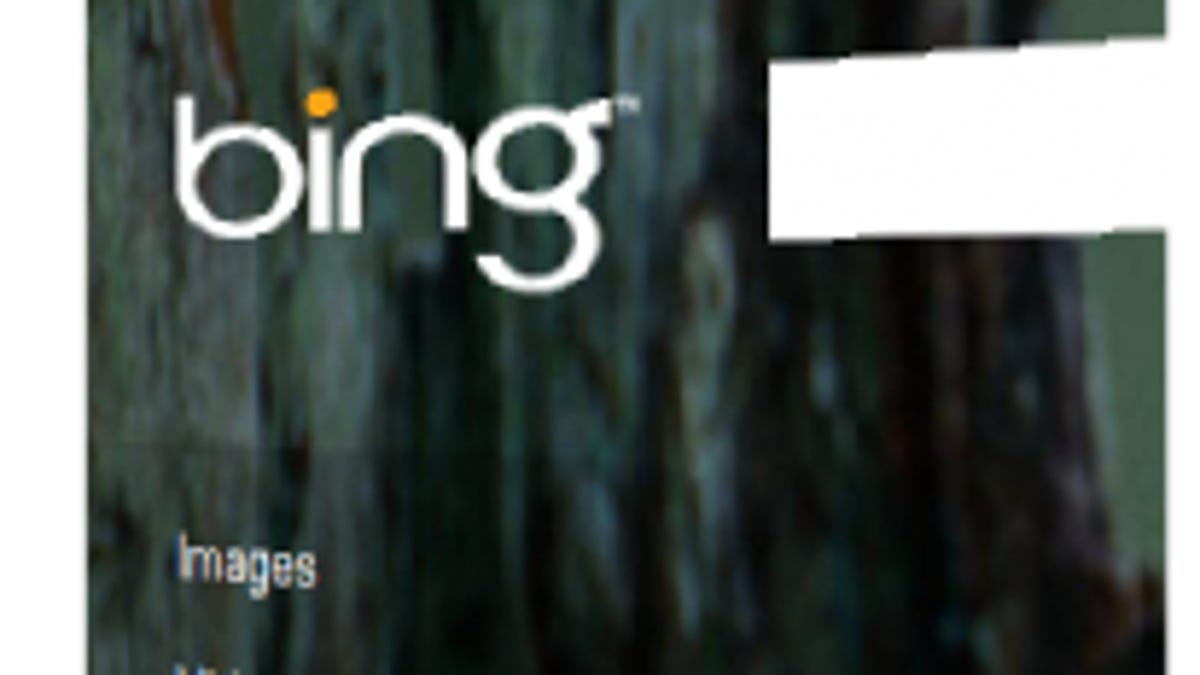Bing's going to the Super Bowl, but not in ad form
Microsoft plans to promote its search engine Bing at this year's Super Bowl, but not in a TV commercial.

As part of this year's Super Bowl, taking place February 6, Microsoft is flexing its marketing muscles. But it's not for a multimillion-dollar TV ad. Instead, the company is waging a ground war in the parking lot, trying to turn users onto Bing with a finale of its own championship series.
Since November, Microsoft and the Tailgating Institute of America have been hosting a series of regional tailgating events finals in various parts of the United States. The winners from each of those competitions will face off on February 3, three days before the Super Bowl, to determine who has the best overall tailgating experience. Bing's placement in that event will be large screens with football-related Bing queries, as well as mobile phones with Bing installed around the event so that tailgaters can give it a spin.
But don't confuse it with a big tent that people walk into to see other people doing Web searches. In an call with CNET last week about the company's Super Bowl plans, Danielle Tiedt, who is Bing's general manager of marketing, described it as more of a chance for people to understand how Bing can be used in various situations. "It's to do things in context with what they're doing when tailgating," Tiedt said. "Trivia contests, and showing real-time sports comparisons. There's a fun and interactive experience with that."
During the events, Microsoft has also highlighted other football-specific Bing features like its Instant Answers, Sports Compare, and its ticket-buying Events tool.
Tiedt said the football fans, in particular, are a growing user segment for Bing. This has lead to a 17 percent increase in traffic to the search engine from September to November of last year, according to numbers from ComScore. That's compared to a 2 percent increase during the same period for rival Google. What's more, is that these events have provided the company with data that people like the search engine once they've seen it. "When they leave the tailgating session, we're seeing 20-point increases in how likely they are to use Bing," Tiedt said. "It's been hugely successful."
Besides the tailgating party, Microsoft is collaborating with ESPN as part of its "I am a World Champion" feature series. This will feature TV segments of quarterbacks that have won various Super Bowl games throughout history. Microsoft's angle there is that, like Bing, these athletes had "decisive moments." The company will also be doing a live panel with quarterbacks Joe Montana, Doug Williams, and Kurt Warner, all of whom won past Super Bowls, as well as holding a vote on who is the most decisive quarterback in a collaboration with Sports Illustrated.
As for why the company's not doing a TV ad, Tiedt said simply that reach and awareness were not a problem for Bing. "We're pretty heavy in marketing all year," she said. "We're into marketing activities to show the product."

